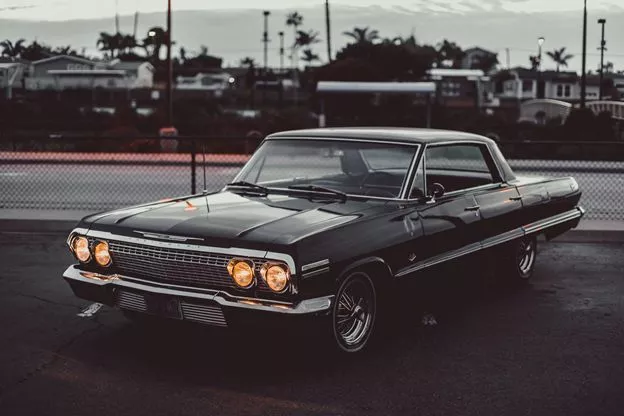The luxury car market is booming. Sales of high-end vehicles are on the rise, with more and more people investing in premium brands. People who own classic cars preserve and keep them original as much as possible so it can be attractive to buyers and collectors. But why? Why are people still interested in classic cars?
What is it about these vehicles that got people hooked and keeps coming back for more? To answer these questions, we need to take a closer look at the history of classic cars and see how they’ve evolved over time.
What’s Considered a Classic Car?
Classic cars are generally defined as vehicles that are at least 20 years old. But the term can also be used to describe older vehicles that have been restored to their original condition.
There are a few factors that make a car classic, such as its design, performance, and rarity. But the most important factor is how the vehicle makes you feel.
For some people, classic cars represent a simpler time. They harken back to an era when life was less complicated, and people took the time to enjoy the journey, not just the destination.
Others are drawn to the craftsmanship and attention to detail that went into these cars. In a world where mass production is the norm, classic cars offer a unique level of individuality.
And then there are those who appreciate the investment potential of classic cars. These vehicles have proven to be a wise investment, with some models appreciating in value by hundreds of percent. Check some classic cars at Dyler here.
How Classic Cars Have Evolved
Classic cars first came onto the scene in the early 1900s. The earliest examples were large and impractical, but they quickly evolved into more streamlined and user-friendly vehicles.
By the 1920s, classic cars had become a symbol of wealth and status. They were often used as personal transportation for the elite class.
During the 1930s and 40s, classic cars underwent a design renaissance. Streamlined Art Deco styling became all the rage, and many of these vehicles are still considered classics today.
The 1950s was the golden era of classic cars. This is when many of the most iconic models were released, including the Chevrolet Bel Air and the Ford Thunderbird.
These vehicles are still highly sought-after today, with some fetching prices in excess of $1 million. Classic cars have come a long way since their early days, and they show no signs of slowing down.
Why People Love Classic Cars
Classic cars offer a level of style and sophistication that modern vehicles simply can’t match. They’re beautiful to look at and have a certain presence on the road.
But it’s not just about the way they look. Classic cars offer a driving experience that’s unlike anything else.
With their powerful engines and manual transmissions, classic cars are a blast to drive. They’re also a reminder of a time when things were simpler, and life moved at a slower pace.
For many people, classic cars are the ultimate expression of personal style. They’re a way to stand out from the crowd and make a statement.
And with so many different models to choose from, there’s a classic car out there for everyone. Whether you’re looking for a luxurious cruiser or a fast and sporty roadster, there’s a classic car that’s perfect for you.
How and Where to Buy a Classic Car
If you’re interested in buying a classic car, there are a few things you need to know. First, you’ll need to find a reputable dealer or seller.
There are many ways to find classic cars for sale, including online auctions, classified ads, and dealer websites. You can also find them at car shows and in private collections. If you want to buy a classic car and also see a great show, you may want to check out Top International Classic Car Shows and Events And once you own one, you may be interested in attending a classic car rally yourself!
When you’re ready to buy, be sure to inspect the vehicle thoroughly. Make sure it’s in good condition and that all the mechanical components are in working order.
It’s also important to do your research before buying. Be sure to familiarize yourself with the car’s history and value. This will help you avoid overpaying for a vehicle.
If you’re not sure where to start, check out some of the most popular classic cars. These include the Chevrolet Corvette, the Ford Mustang, and the Porsche 911.
Also, you may want to consider a less popular model that’s still in good condition and priced reasonably. Once you’ve found the right car, be sure to negotiate a fair price.
Remember, you’re not just buying a car—you’re buying a piece of history. With that in mind, classic cars are definitely worth the investment.
Closing Thoughts
Classic cars are more than just vehicles; they’re a way of life. If you’re lucky enough to own one, you understand the passion and dedication that goes into preserving these iconic machines.
And if you don’t own a classic car, there’s still plenty to admire about these beautiful vehicles. So take some time to appreciate the classics, and you’ll see why people are still interested in them after all these years.

